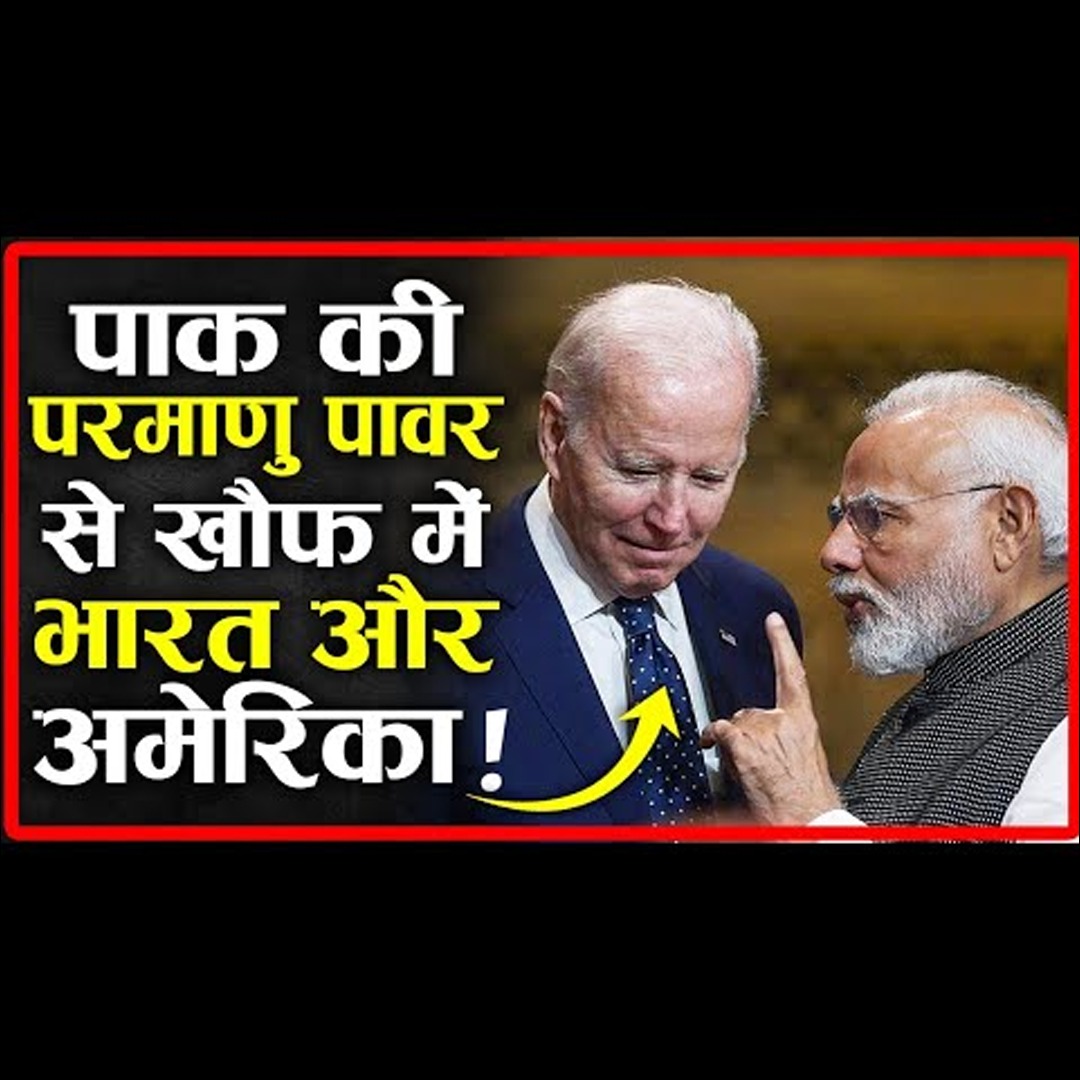 One of the most shattering sights of the Covid-19 Pandemic was the flood of people suddenly rendered rudderless by the announcement of one of the most stringent lockdowns in the world — chief amongst those were daily wagers, and blue collar workers who would starve if they couldn’t go out to their jobs. With no public transport available, they began the long walk home, some carrying all their worldly goods in plastic sacks, with their children, or the elderly, in tow. That the trek under the relentless summer sun of 2020 was going to be long and arduous didn’t seem to deter the migrants. The refrain was common: if I have to die, I want to be where I belong.
One of the most shattering sights of the Covid-19 Pandemic was the flood of people suddenly rendered rudderless by the announcement of one of the most stringent lockdowns in the world — chief amongst those were daily wagers, and blue collar workers who would starve if they couldn’t go out to their jobs. With no public transport available, they began the long walk home, some carrying all their worldly goods in plastic sacks, with their children, or the elderly, in tow. That the trek under the relentless summer sun of 2020 was going to be long and arduous didn’t seem to deter the migrants. The refrain was common: if I have to die, I want to be where I belong.
Anubhav Sinha’s black-and-white drama unfolds at a check post in north India and seeks to spotlight the vast losses and injustice that befell migrant workers when the nationwide lockdown, brought about by the covid-19 pandemic, was announced in 2020. The events that unfold at this police-monitored post is a microcosm, representative of a national event that resulted in a crushing loss of lives.
The film is set in the early days of the pandemic, when panic, misinformation and rumours are widespread. In order to prevent the movement of people, vehicles and the virus, a check-post is set up where various elements collide. The police are in charge, medics are testing and monitoring the ailing, politicians are flexing their muscles. While an affluent woman in her chauffeur driven SUV is willing to throw money to get her way around the problem, busloads of families and village folk are just trying to get back home. A news channel crew can be seen capturing snatches of the unfolding story.







